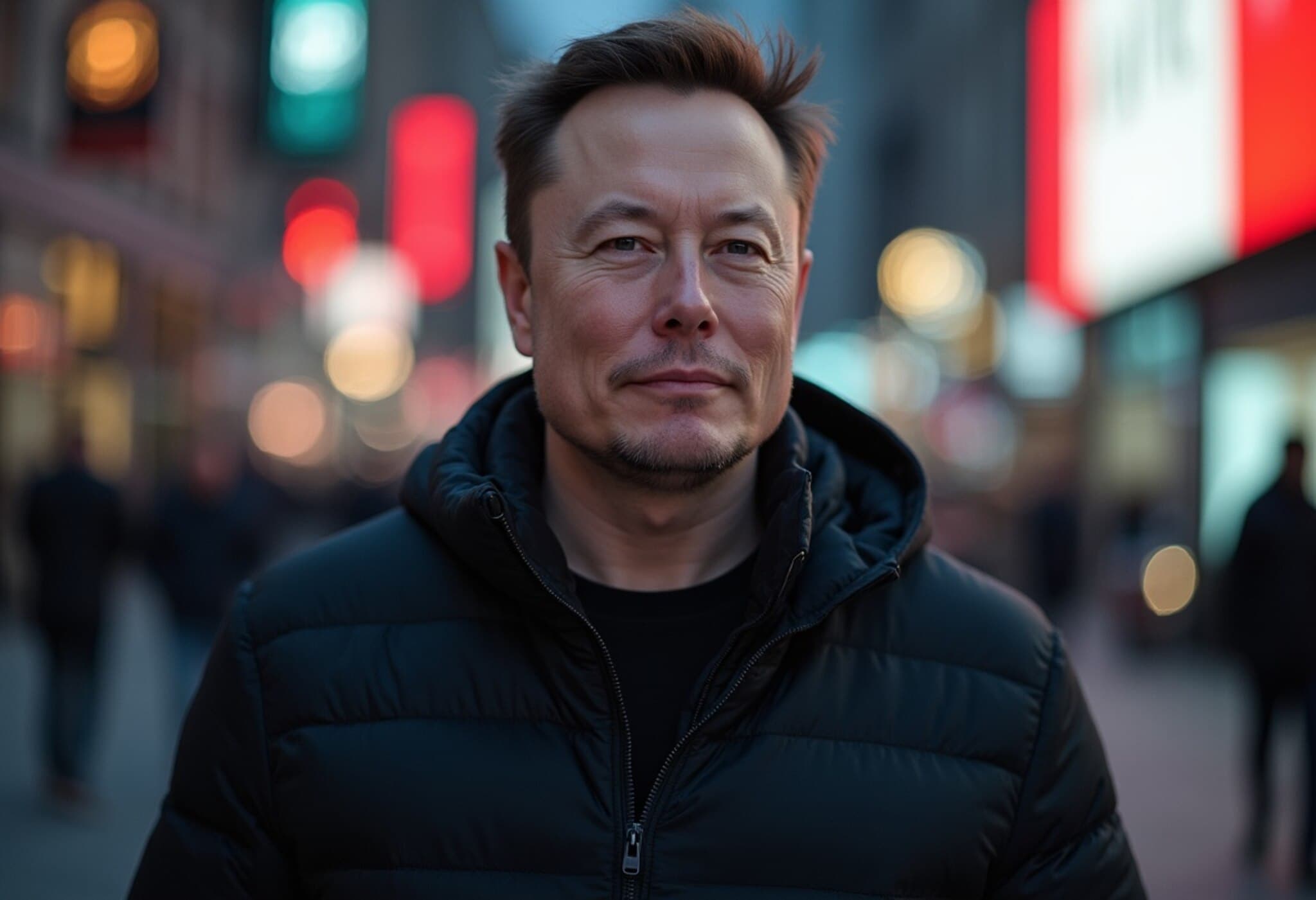U.S. House Prohibits WhatsApp Use Amid Security Concerns
The U.S. House of Representatives has ordered its staffers to refrain from using Meta’s widely popular messaging app, WhatsApp, on government-issued devices. The decision stems from worries over the app’s data privacy and security transparency.
Official Directive to Staff
The Chief Administrative Officer (CAO) of the House informed staff in a formal notice that WhatsApp must not be downloaded or accessed on any government devices — including smartphones and desktop computers. If staff members already have the app installed, they are required to uninstall it immediately. This move reflects heightened efforts to protect sensitive data and ensure cybersecurity within the House.
Catherine Szpindor, the House’s CAO, emphasized, "Protecting the People's House is our topmost priority, and we continuously evaluate cybersecurity risks that could jeopardize the data belonging to House Members and staff."
Meta Pushes Back Against Ban
In response, a Meta spokesperson firmly rejected the characterization of WhatsApp’s security as insufficient. Posting on social media platform X, spokesperson Andy Stone stated the company "disagrees in the strongest possible terms" with the House’s assessment.
Stone underscored WhatsApp's robust end-to-end encryption, highlighting it as offering a "higher level of security than many apps approved by the CAO." He also expressed optimism that House members might soon officially align with Senate counterparts who continue to use WhatsApp.
Approved Alternatives and Ongoing Issues
According to internal disclosures, the CAO’s office has approved alternative messaging tools such as Microsoft Teams, Signal, and Apple's iMessage as secure alternatives to WhatsApp.
This development occurs against the backdrop of Meta’s ongoing legal tussle with the Federal Trade Commission concerning its acquisitions of WhatsApp and Instagram. The company has also recently initiated new monetization efforts for WhatsApp, regarded by CEO Mark Zuckerberg as a pivotal asset in Meta's portfolio.
What This Means for Government Communication
- The ban reflects rising caution over privacy risks posed by third-party apps on official devices.
- Legal challenges and scrutiny over Meta’s practices may have influenced the decision.
- Staffers must adapt to alternative messaging platforms approved for official use.
As cybersecurity concerns intensify, this move signals a broader effort within government operations to tighten control over digital communications and protect sensitive information.



















